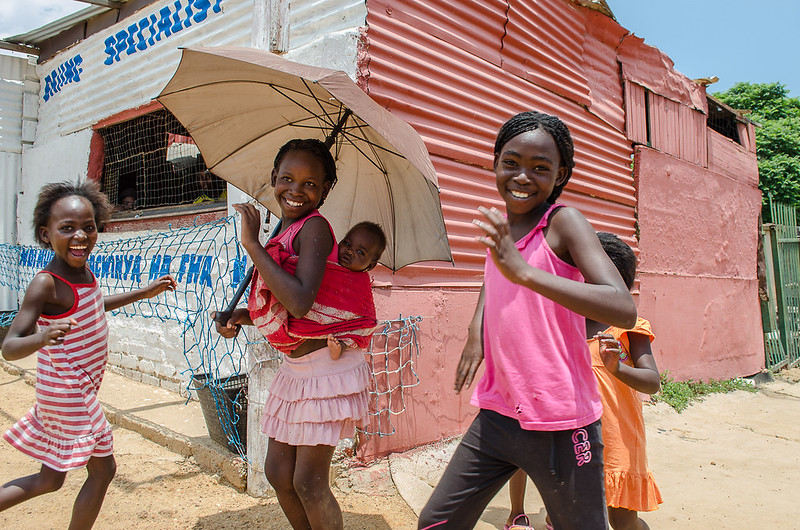Thobeka Ngema The issue of period poverty continues to hinder numerous female students in South Africa, limiting their ability to receive p...
 Thobeka Ngema
Thobeka NgemaThe issue of period poverty continues to hinder numerous female students in South Africa, limiting their ability to receive proper education and affecting their self-respect. Nevertheless, the Department of Basic Education (DBE) has implemented firm actions to tackle this urgent problem, pledging a broad strategy that involves both the government and the wider community.
This came as a reply to a parliamentary query directed at Minister Siviwe Gwarube by Naledi Chirwa-Mpungose of the EFF, aiming to determine the Minister's responsibility regarding the basic education sector's handling of period poverty. Particularly, Chirwa-Mpungose inquired about the initiatives the department had led to tackle period poverty and the effects of these efforts.
Gwarube stated that DBE acknowledges period poverty as a significant obstacle to access, continuation, and involvement in education for numerous female students. She has accepted the responsibility of addressing this issue through a comprehensive government and societal strategy, in accordance with the national Menstrual Health and Sanitary Dignity Framework managed by the Department of Women, Youth and Persons with Disabilities (DWYPD).
She stated that the DBE organized a National Indaba focused on Menstrual Health and Sanitary Dignity in May 2025. This gathering resulted directly from previous discussions with the portfolio committees responsible for Basic Education, Higher Education and Training, and Women, Youth and Persons with Disabilities. With the support of these three committees, the indaba included participation from 11 additional government departments. The main objectives were to enhance collaboration between departments and to gather resources to address menstrual health management and period poverty, particularly in the basic education sector.
Gwarube mentioned that the department has introduced several initiatives, with a dual emphasis on education and providing access to menstrual health supplies. These efforts include:
- In-school menstrual health and hygiene awareness education: Delivery of suitable, scientific, and culturally aware information to young and teenage students via the Life Skills and Life Orientation programs, as part of the Comprehensive Sexuality Education approach;
- Distribution of sanitary products: In support of school attendance and student dignity, the department collaborates with the DWYPD and provincial partners to provide menstrual products to learners from low-income families in quintile 1-3 public schools; and
- Initiating an ongoing online and social media initiative aimed at advancing menstrual health and sanitation dignity, addressing misconceptions and societal taboos related to menstruation, and fostering positive male participation.
Gwarube also mentioned that these combined efforts have greatly contributed to menstrual health education and enhanced student wellbeing. This is demonstrated by the following:
- Students have gained from the classroom-based educational aspect, which has enhanced their comprehension of menstrual health. This program has also promoted a constructive atmosphere of respect, transparency, and knowledge about the body.
- Fair involvement in education and the provision of menstrual supplies have decreased absence rates among girls from underprivileged communities; and
- The digital campaign has enhanced social mobilization and advocacy, contributing to the normalization of menstruation as a natural biological function, and engaging boys and young men as proactive supporters in advancing gender equality and respect within educational institutions.
"The department is dedicated to collaborating with its partners within the government and the private sector to ensure that no student misses school because of insufficient access to menstrual supplies," Gwarube stated.
She mentioned that tackling period poverty is crucial for advancing gender equity, student well-being, and the fundamental right to education, in line with Sustainable Development Goal 4 (Quality Education) and Sustainable Development Goal 5 (Gender Equality).
thobeka.ngema@inl.co.za



